BAFTA seeks next generation of game designers in annual competition
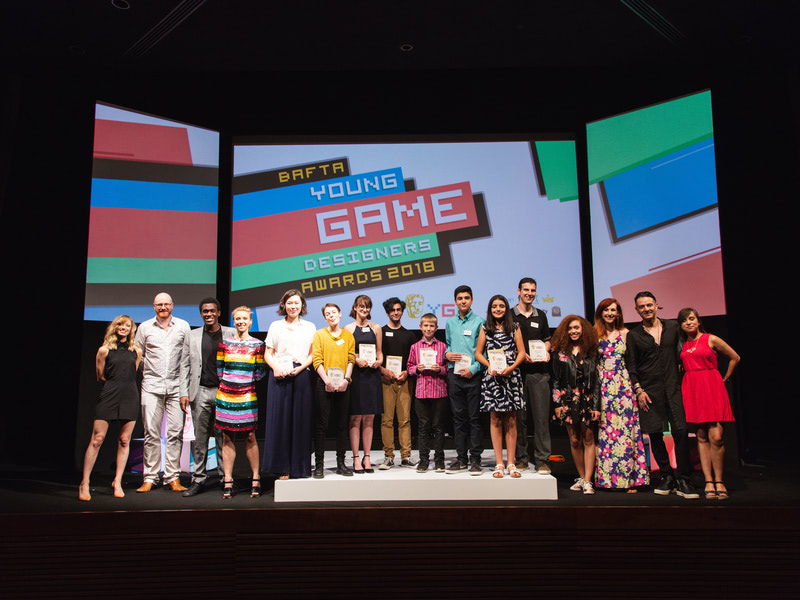
Entries now open for 10-18 year-olds as well as nominations for ‘Mentor’ award.
The British Academy of Film and Television Arts (BAFTA) is calling for entries for the 2019 BAFTA Young Game Designers (YGD). The annual competition aims to inspire the UK’s game-makers of the future, by giving young people the chance to design and make their own game.
Entries are now open until Wednesday 13 March 2019.
The winners will be announced at a special awards ceremony in June 2019 at BAFTA’s headquarters, 195 Piccadilly in London, attended by leading games industry figures. The winning entrants will receive further development for their games, mentoring by games professionals, visits to major games studios and a host of other prizes.
Prior to the ceremony, all the finalists will also have the opportunity to showcase their game concepts and prototypes at a special event attended by leading figures in the industry.
There are three award categories in the competition:
1. The YGD Game Concept Award for those creating an original concept for a new game
2. The YGD Game Making Award, for those making a game using freely available software
(Both of these categories are open to 10-18 year olds and entrants can enter either as individuals or with a team of up to two other people.)
3. The YGD Mentor Award. Nominated by the public, this rewards an inspirational individual who is involved in the education of young game creators in the UK, particularly those that reach out to young people who might not typically try game design.
Now in its ninth year, the BAFTA YGD competition is part of BAFTA’s year-round programme of activity that gives young people and educators unique insights into the games industry and access to the creative minds behind some of the world’s leading games.
The competition engaged more than 4000 young people in 2018. The competition has been designed so that young people can enter in their own time, as part of a lesson in school, within a coding club, or as an additional homework challenge set by their teacher.
To support teachers and code club leaders, BAFTA has also created a range of free online teaching resources which are available to download here.
Previous winners of the BAFTA YGD competition have gone on to receive accolades throughout the games industry. Dan Pearce, a winner in 2010, was named a BAFTA Breakthrough Brit in 2013, and his game, Castles in the Sky, earned him a BAFTA nomination for Debut Game in 2014.
Earlier this year, winners also showcased their creations at EGX Rezzed, London’s largest games event, including 2016 winner Daniel Smith, whose game was picked up by Ripstone Games and has since been released commercially, 2017 winner Emily Mitchell, who is currently working with a games publisher to release her game commercially and 2017 winner Spruce Campbell, who self-published his game on the App Store.
Tim Hunter, Director of Learning and New Talent at BAFTA, said:
“The BAFTA YGD competition is a great way for young people to explore the craft of game design and get direct feedback from leading figures in the games world. Games are one of the most exciting, engaging and pervasive art forms, and increasingly, the kinds of ideas we see submitted to YGD demonstrate that young people see games medium through which they can tell the stories which are important to them. Each year we’re blown away by the creativity and skills of the applicants and we can’t wait to see this year’s entries.”
About The British Academy of Film and Television Arts (BAFTA): An independent charity that supports, develops and promotes the art forms of the moving image by identifying and rewarding excellence, inspiring practitioners and benefiting the public. In addition to its Awards ceremonies, BAFTA has a year-round programme of learning events and initiatives – featuring workshops, masterclasses, scholarships, lectures and mentoring schemes – in the UK, USA and Asia; it offers unique access to the world’s most inspiring talent and connects with a global audience of all ages and backgrounds. BAFTA relies on income from membership subscriptions, individual donations, trusts, foundations and corporate partnerships to support its ongoing outreach work.

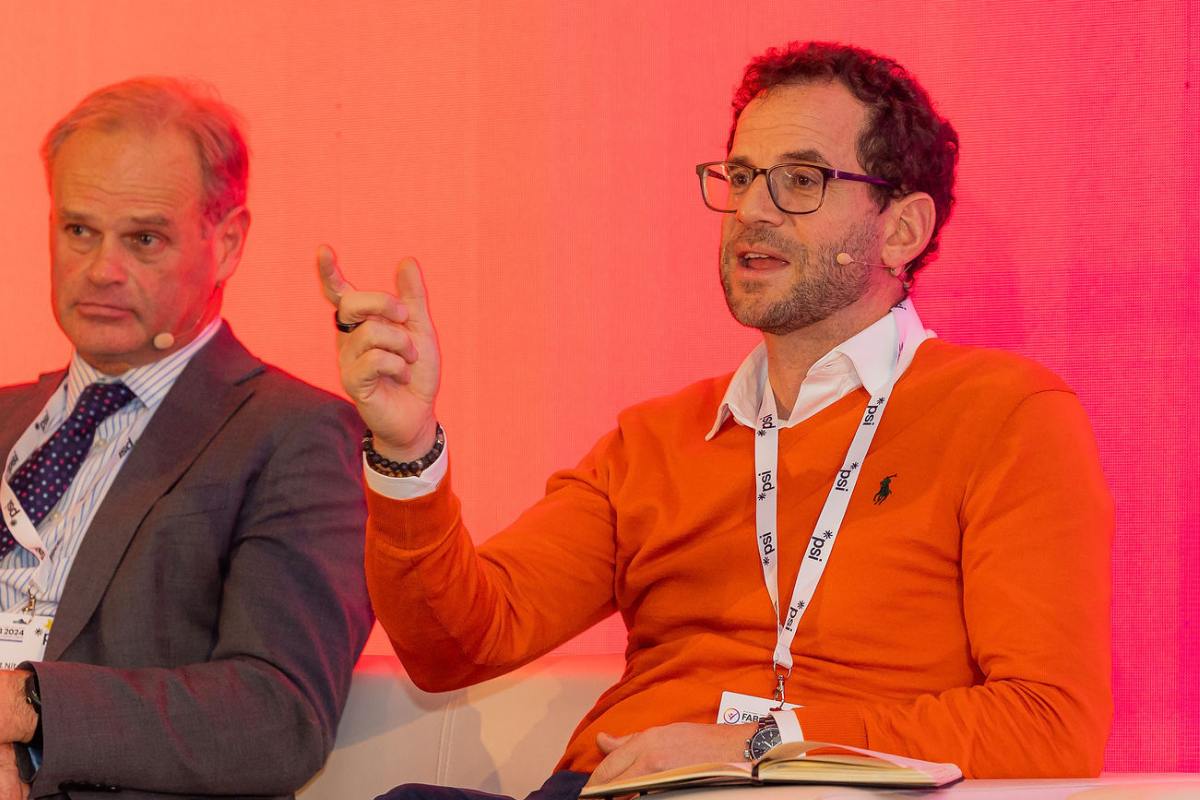

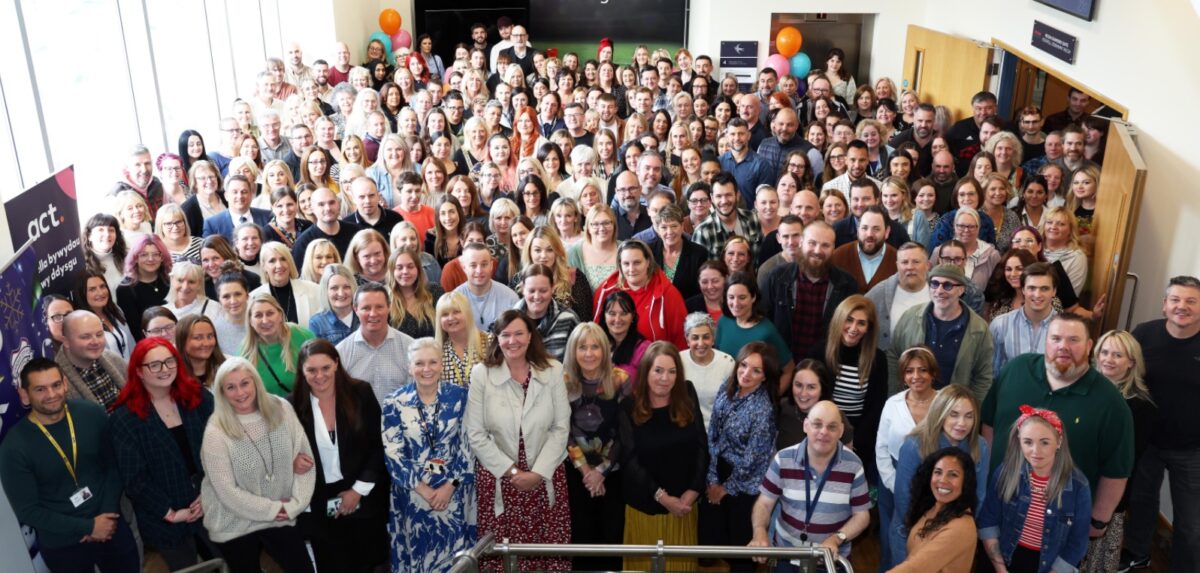


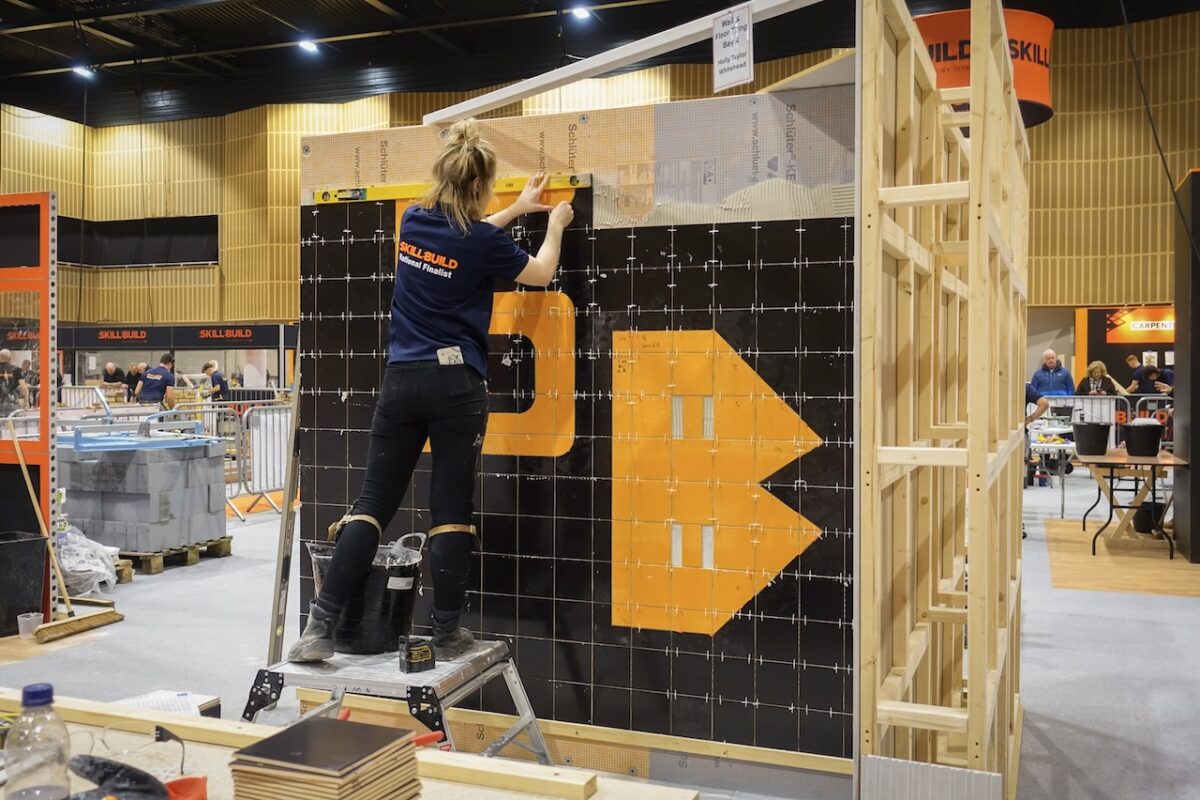
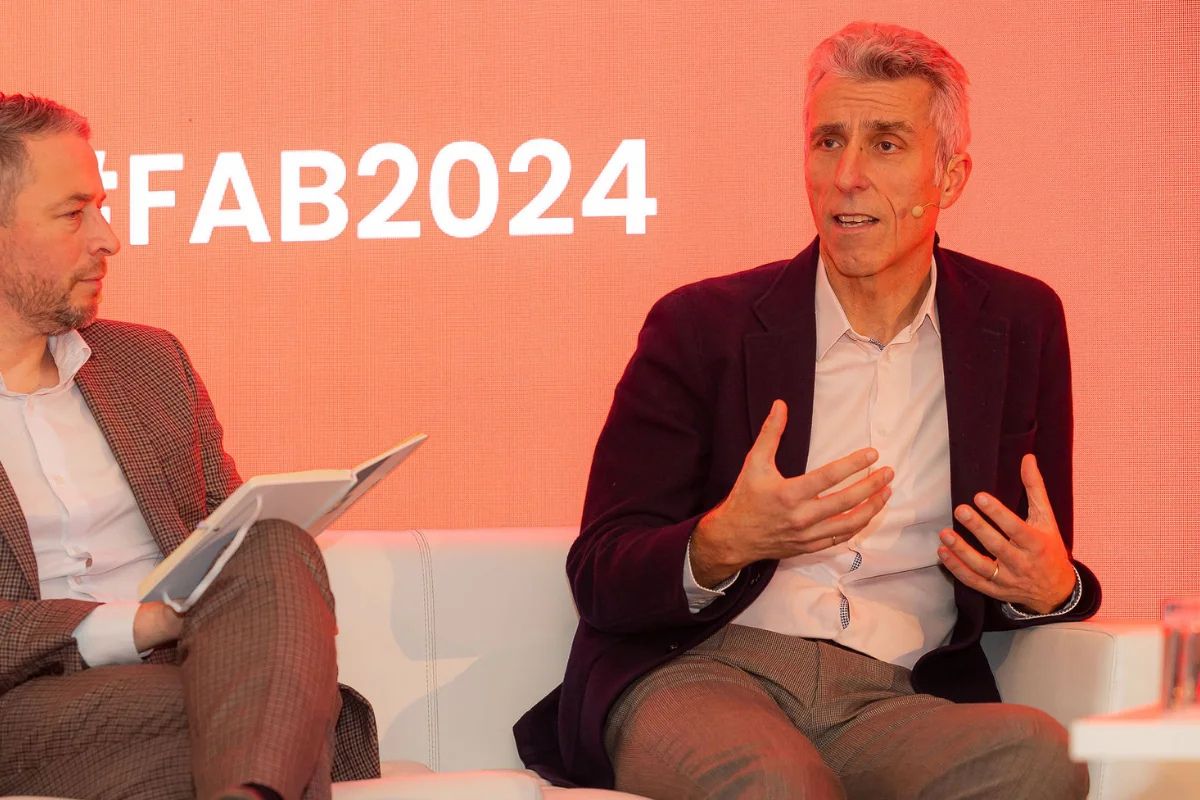



Responses